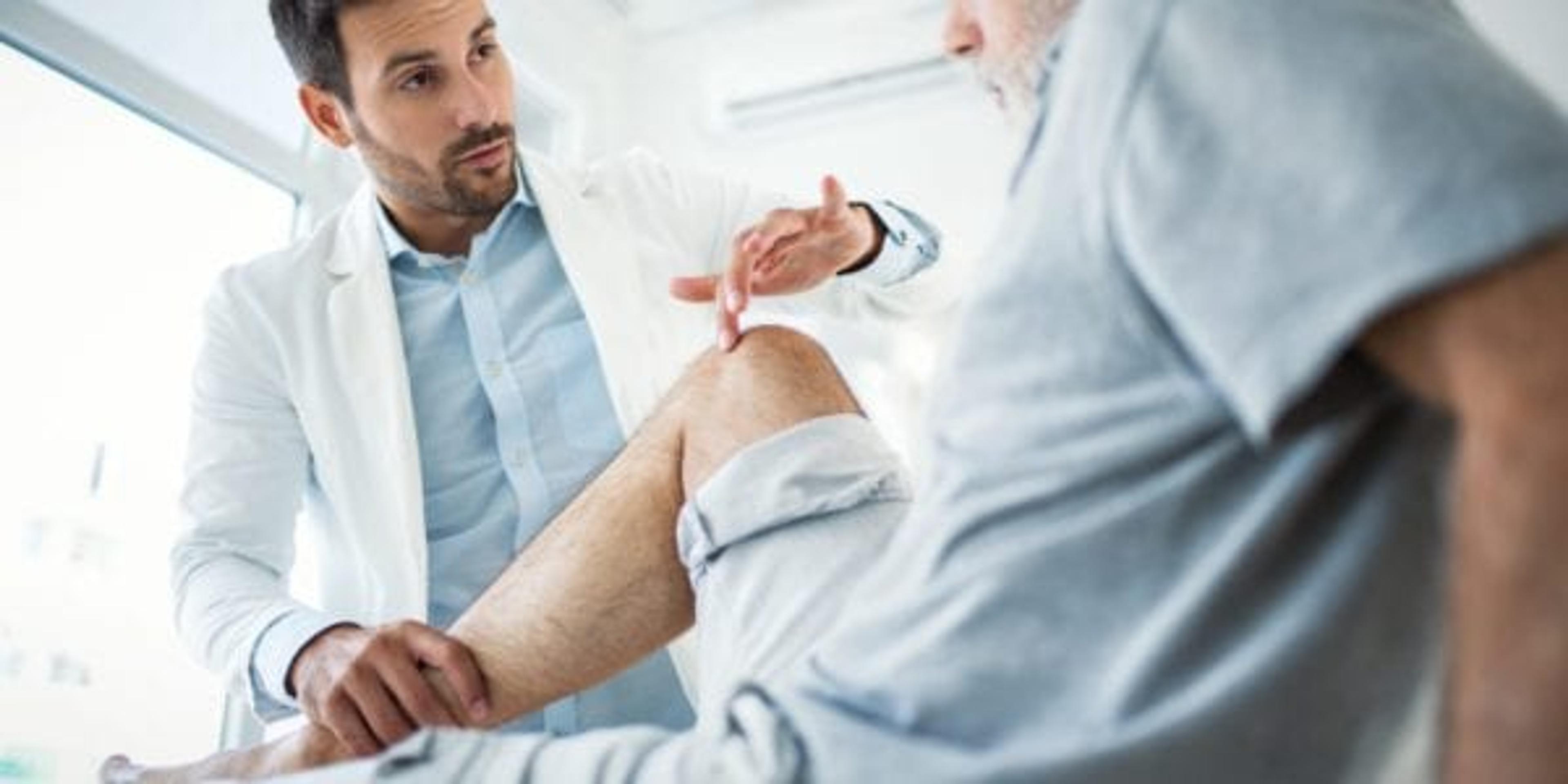Senior Falls: Why They’re Dangerous and How to Avoid Them

Julie Bitely
| 2 min read

As much as we’d all like to believe we’re only as old as we feel, that may not be the case when it comes to unintentional trips and falls.
For adults age 65 and older, bouncing back from a fall isn’t as easy as it once was and can lead to serious health outcomes.
An older adult falls every second of every day in the United States, making falls the number one cause of injuries and deaths from injury among older Americans, according to the U.S. Centers for Disease Control and Prevention (CDC).
For people older than 65:
- One out of five falls causes serious injury.
- Over 800,000 people a year are hospitalized due to an injury caused by falling, such as hip fracture or head injury.
- Falls are the most common cause of traumatic brain injuries.
Even injuries that don’t cause hospitalization can make it more difficult to get around and could inhibit mobility and independence. The CDC also notes that falling once doubles your chances of falling again.
If you’re worried about your risk of falling or about a loved one’s risk, here are some tips from the CDC to keep in mind:
- Evaluate your risk for falling with your doctor. They can check to make sure you aren’t taking any medications that could increase your risk by making you dizzy or sleepy.
- Assess your living space. Make sure walkways are free of clutter, fix steps that could pose a fall hazard and install railings or grab bars as necessary.
- Engage in exercises to strengthen your legs, core and improve your balance. Yoga and Tai Chi are both gentle ways to regain strength.
- Get your vision checked out annually and make sure prescriptions are up-to-date.
If you enjoyed this post, you might also like:
Photo credit: gilaxia





